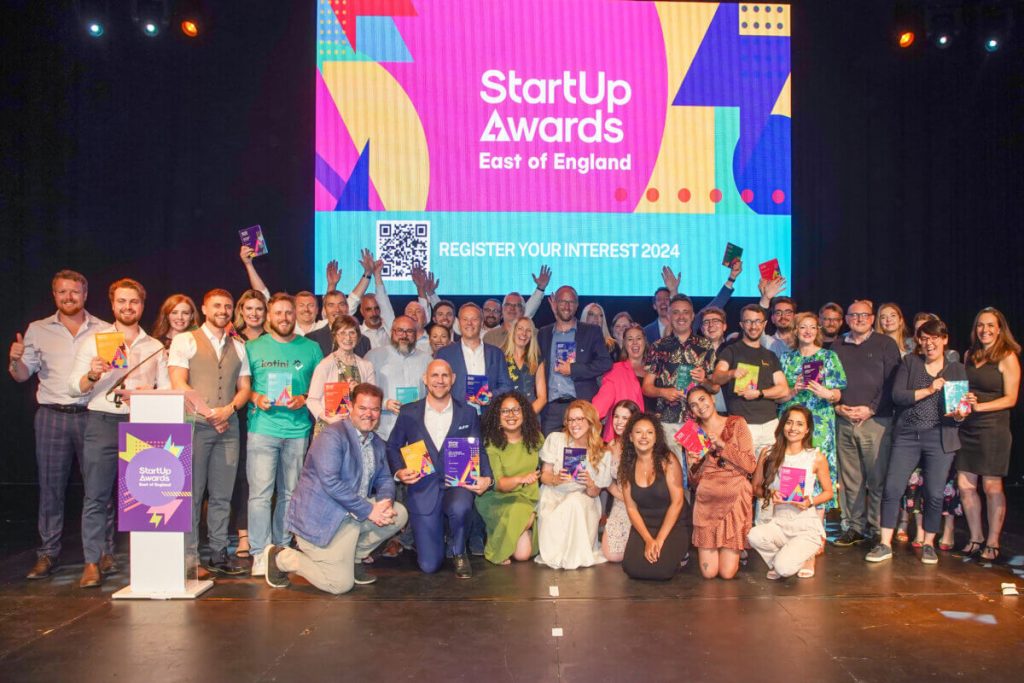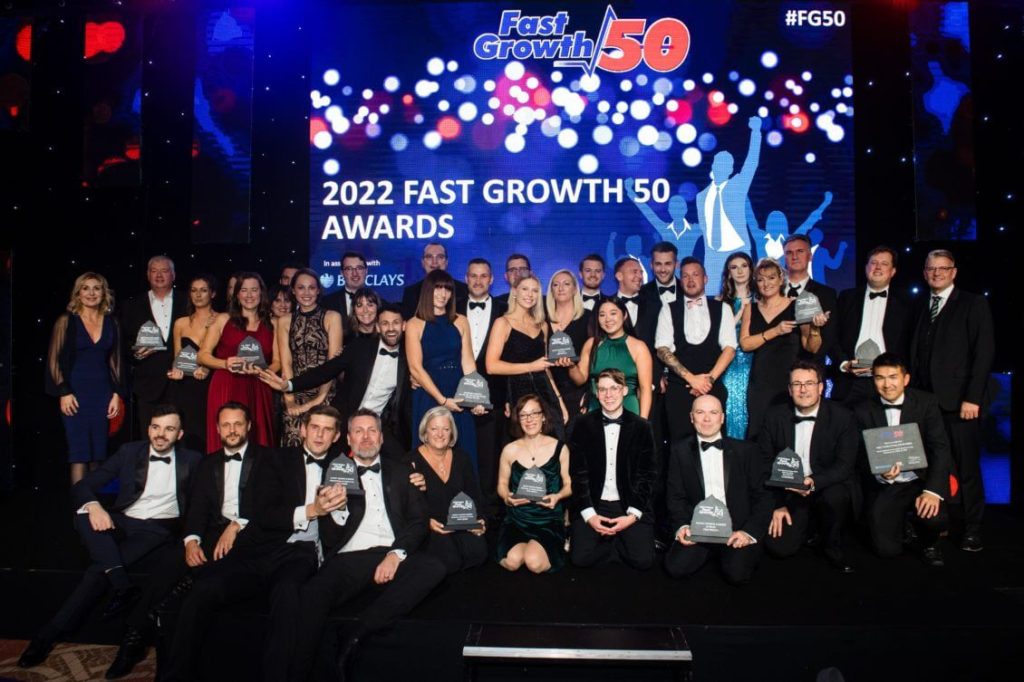The digital marketing landscape is constantly evolving, driven by technological advancements, shifting consumer behaviours, and emerging trends.
Digital marketing allows businesses to conduct ongoing consumer research, make better connections with customers, and reach wider audiences than other marketing channels would allow them.
People love personalisation and digital marketing allows brands to be more interactive with customers than they did before, creating more loyalty, and bigger interest.
But with the saturation of online campaigns, and the bombardment of advertising on social media, are people getting bored of always being marketed to online? And is digital marketing’s future as bright as we may think?
As we navigate this dynamic environment, it’s crucial to stay ahead of the curve and understand where the future of digital marketing lies.
Personalisation: Tailoring the Customer Experience
Personalisation has become a cornerstone of effective digital marketing, and its significance will only grow in the years to come. Businesses are leveraging vast amounts of customer data to create hyper-personalised experiences that cater to individual preferences and needs.
This personalised approach leads to increased engagement, satisfaction, and ultimately, loyalty.
Artificial Intelligence: Powering Automation and Insights
Artificial intelligence (AI) is rapidly transforming the digital marketing landscape, automating tasks, providing real-time insights, and enabling data-driven decision-making. AI-powered tools are being used to optimise ad campaigns, generate personalised content, and enhance customer service interactions.
Augmented and Virtual Reality: Immersive Experiences
Augmented reality (AR) and virtual reality (VR) are poised to revolutionise the way businesses connect with consumers. These technologies offer immersive experiences that allow customers to interact with products and services in a virtual environment. AR and VR can be used for product demonstrations, virtual try-ons, and interactive marketing campaigns.
Social Commerce: Seamless Shopping Experiences
Social commerce is blurring the lines between social media and e-commerce, providing a seamless shopping experience for consumers. Businesses are leveraging social media platforms to showcase products, accept payments, and fulfill orders. Social commerce is becoming increasingly popular, particularly among younger generations.
Micro-moments: Capturing Attention at the Right Time
Micro-moments are those fleeting instances when consumers turn to their devices for information or immediate action. Businesses are focusing on capturing these micro-moments by delivering relevant and engaging content at the precise time when consumers need it.
Neuromarketing: Understanding Consumer Behaviour
Neuromarketing is using neuroscience to understand consumer behaviour and decision-making processes. By studying brain activity and physiological responses, businesses can gain valuable insights into how consumers perceive their products, brands, and marketing messages.
Sustainability: Embracing Ethical Practices
Consumers are increasingly demanding that businesses operate in a sustainable and ethical manner. Digital marketing strategies must align with these values, promoting transparency, data privacy, and environmental responsibility.
The Human Touch: The Irreplaceable Element
Despite the advancements in technology, the human touch remains essential in digital marketing. Human creativity, empathy, and judgment are crucial for crafting meaningful connections with consumers and building lasting relationships.
Conclusion: Embracing the Future with Agility
The future of digital marketing is a dynamic and ever-evolving landscape. Businesses must embrace agility and adaptability to stay ahead of the curve and thrive in this changing environment.
By leveraging emerging technologies, understanding consumer behaviour, and prioritising ethical practices, businesses can create effective digital marketing strategies that drive long-term success.



























